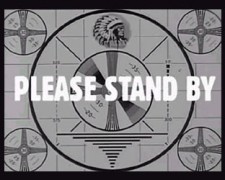 The May 31 deadline for a new retransmission consent agreement between Granite Broadcasting and cable company Mediacom has come and gone without a new agreement, and as a result the affected stations are no longer available on the respective cable systems.
The May 31 deadline for a new retransmission consent agreement between Granite Broadcasting and cable company Mediacom has come and gone without a new agreement, and as a result the affected stations are no longer available on the respective cable systems.
Stations involved include KBJR-TV in Duluth MN-Superior WI, WISE-TV in Fort Wayne IN and WEEK-TV in Peoria IL.